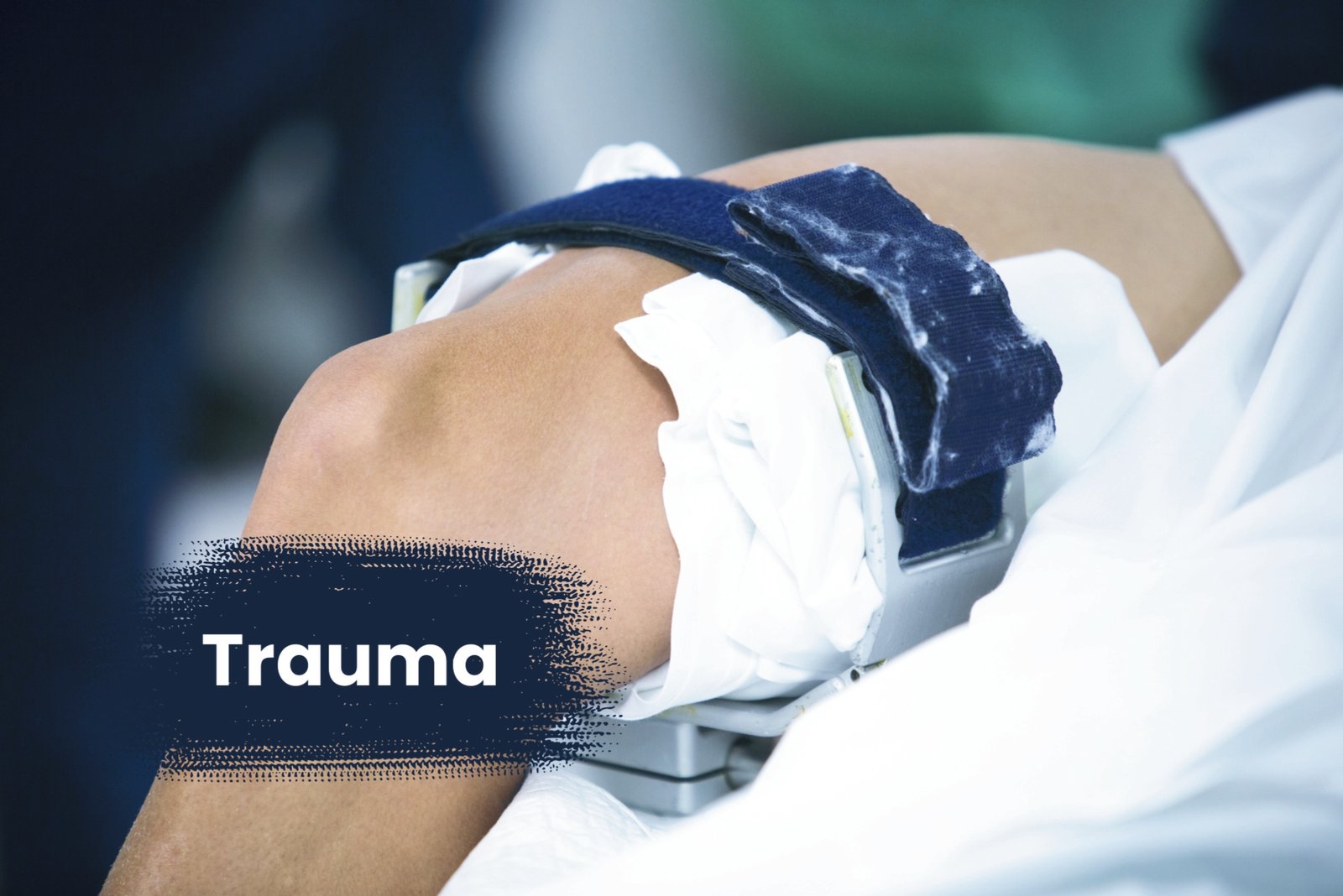Trauma treatment encompasses a range of therapeutic interventions aimed at helping individuals cope with and recover from the psychological and emotional effects of traumatic experiences. Trauma can result from various events, such as accidents, natural disasters, interpersonal violence, abuse, or military combat. Effective trauma treatment addresses the impact of the traumatic event on an individual’s mental, emotional, and physical well-being. Here are common approaches to trauma treatment:
- Counseling and Psychotherapy:
- Cognitive-Behavioral Therapy (CBT): Focuses on identifying and changing negative thought patterns and behaviors associated with trauma. Trauma-focused CBT is a specialized form that addresses trauma-related symptoms.
- Eye Movement Desensitization and Reprocessing (EMDR): A therapeutic approach that involves guided eye movements to help individuals process and integrate traumatic memories.
- Trauma-focused Psychotherapy: Various therapeutic approaches, such as psychodynamic therapy, narrative therapy, or dialectical behavior therapy, adapted to specifically address trauma and its effects.
- Medication:
- Psychotropic Medications: Antidepressants, anti-anxiety medications, or other psychotropic drugs may be prescribed to alleviate symptoms such as depression, anxiety, or sleep disturbances associated with trauma.
- Mindfulness and Relaxation Techniques:
- Mindfulness-Based Stress Reduction (MBSR): Teaches individuals to stay present in the moment and cultivate awareness, which can be beneficial in managing trauma-related stress.
- Relaxation Techniques: Deep breathing, progressive muscle relaxation, and guided imagery can help individuals relax and manage anxiety.
- Support Groups:
- Group Therapy: Participating in a group setting with others who have experienced similar traumas can provide a sense of understanding, validation, and support.
- Peer Support: Connecting with individuals who have gone through similar experiences, whether in person or through online communities, can be valuable in the recovery process.
- Expressive Therapies:
- Art Therapy: Using creative expression to process and communicate emotions related to trauma.
- Music Therapy: Utilizing music and sound to facilitate emotional expression and healing.
- Drama or Movement Therapy: Incorporating movement and dramatic expression to explore and release emotions.
- Trauma-Informed Care:
- Creating a Safe Environment: Ensuring that treatment environments are safe, respectful, and sensitive to the needs of individuals who have experienced trauma.
- Empowerment and Collaboration: Fostering collaboration between individuals and their treatment providers, empowering survivors to actively participate in their recovery.
- Holistic Approaches:
- Yoga and Meditation: Physical activities that promote relaxation and mindfulness, potentially aiding in trauma recovery.
- Acupuncture or Massage Therapy: Complementary therapies that some individuals find helpful in managing trauma-related stress.
Trauma treatment is often individualized, and the choice of interventions depends on factors such as the type and severity of the trauma, the individual’s preferences, and their overall mental health. Mental health professionals, including psychologists, psychiatrists, and licensed therapists, play a crucial role in guiding individuals through trauma recovery.


